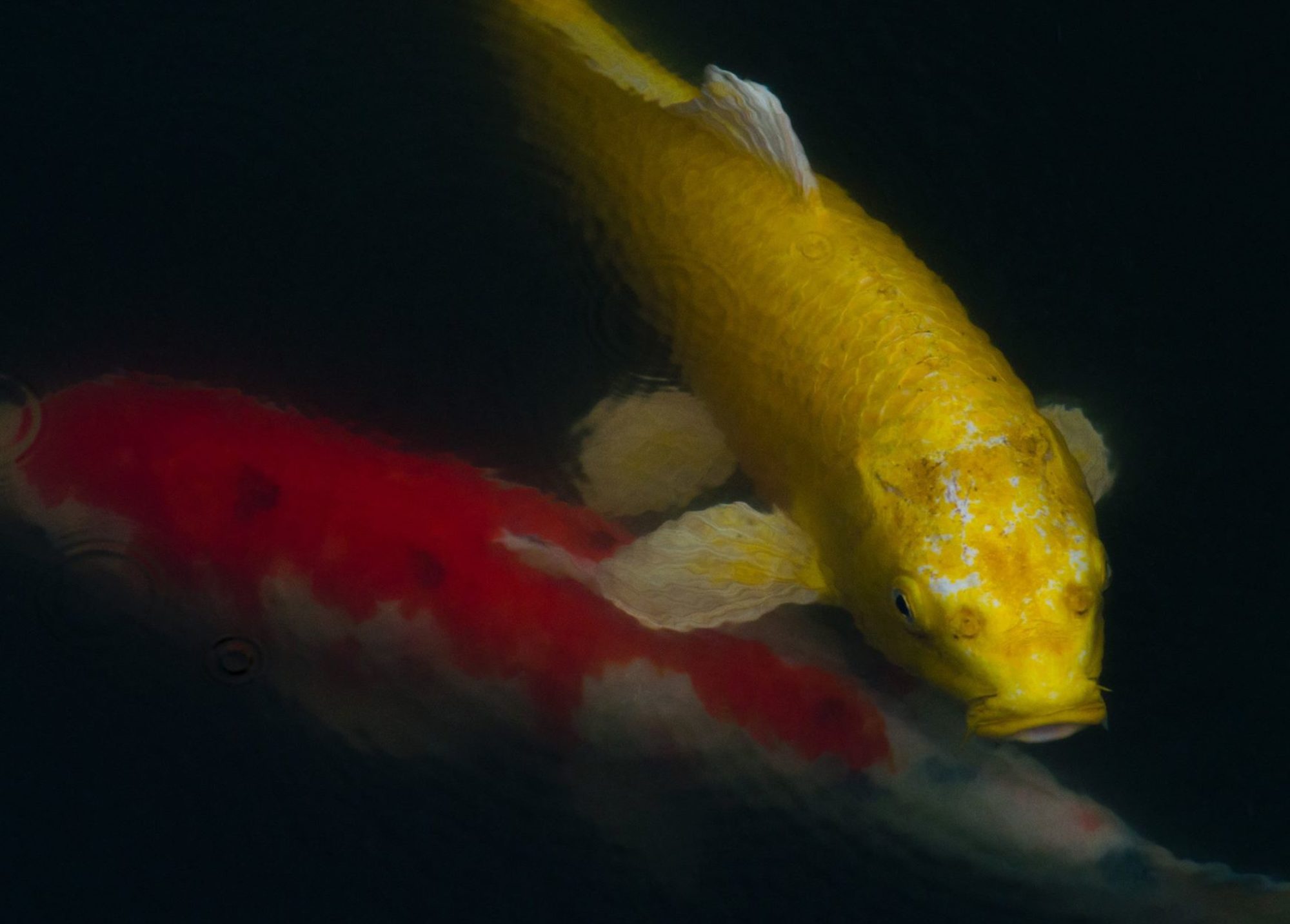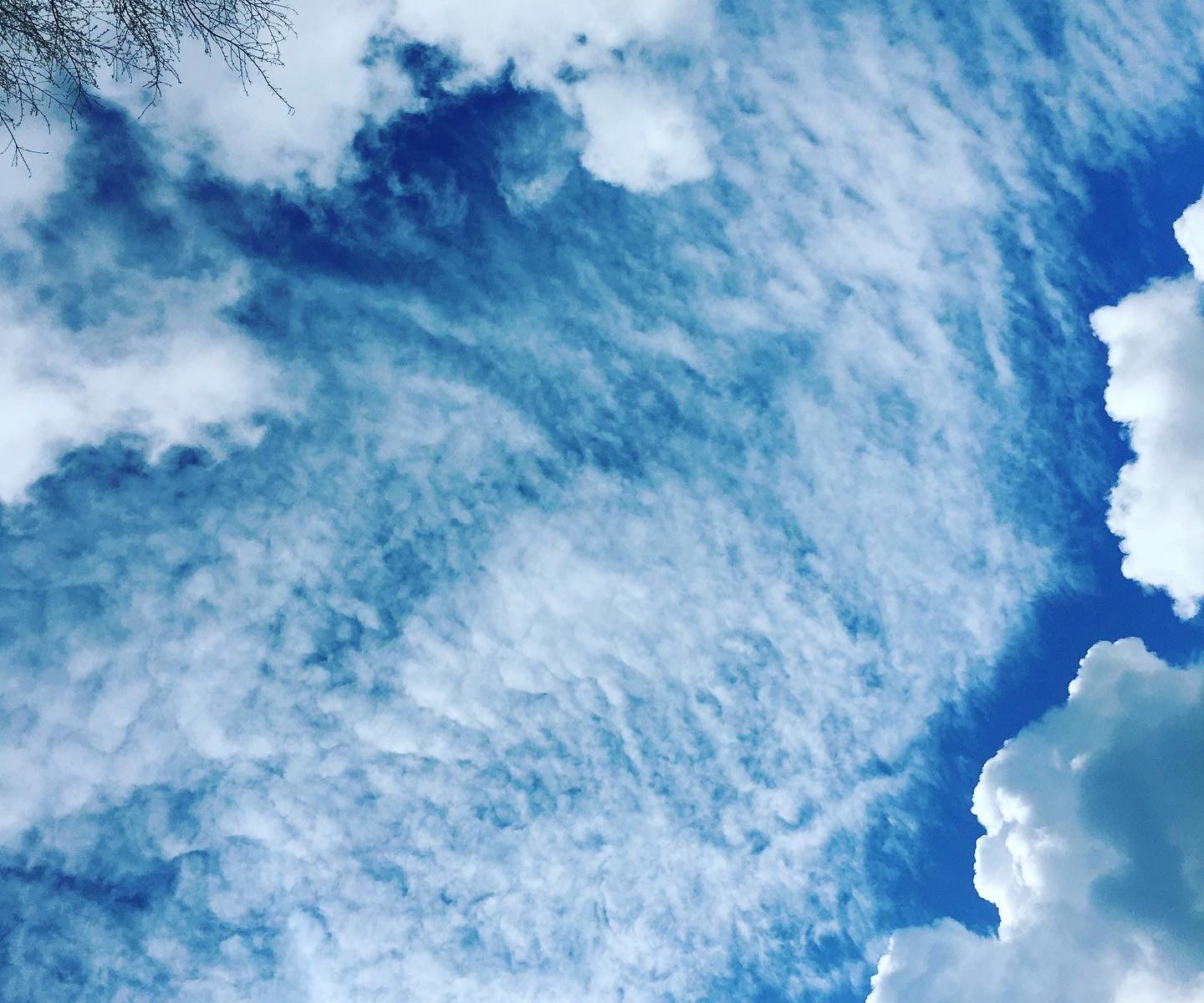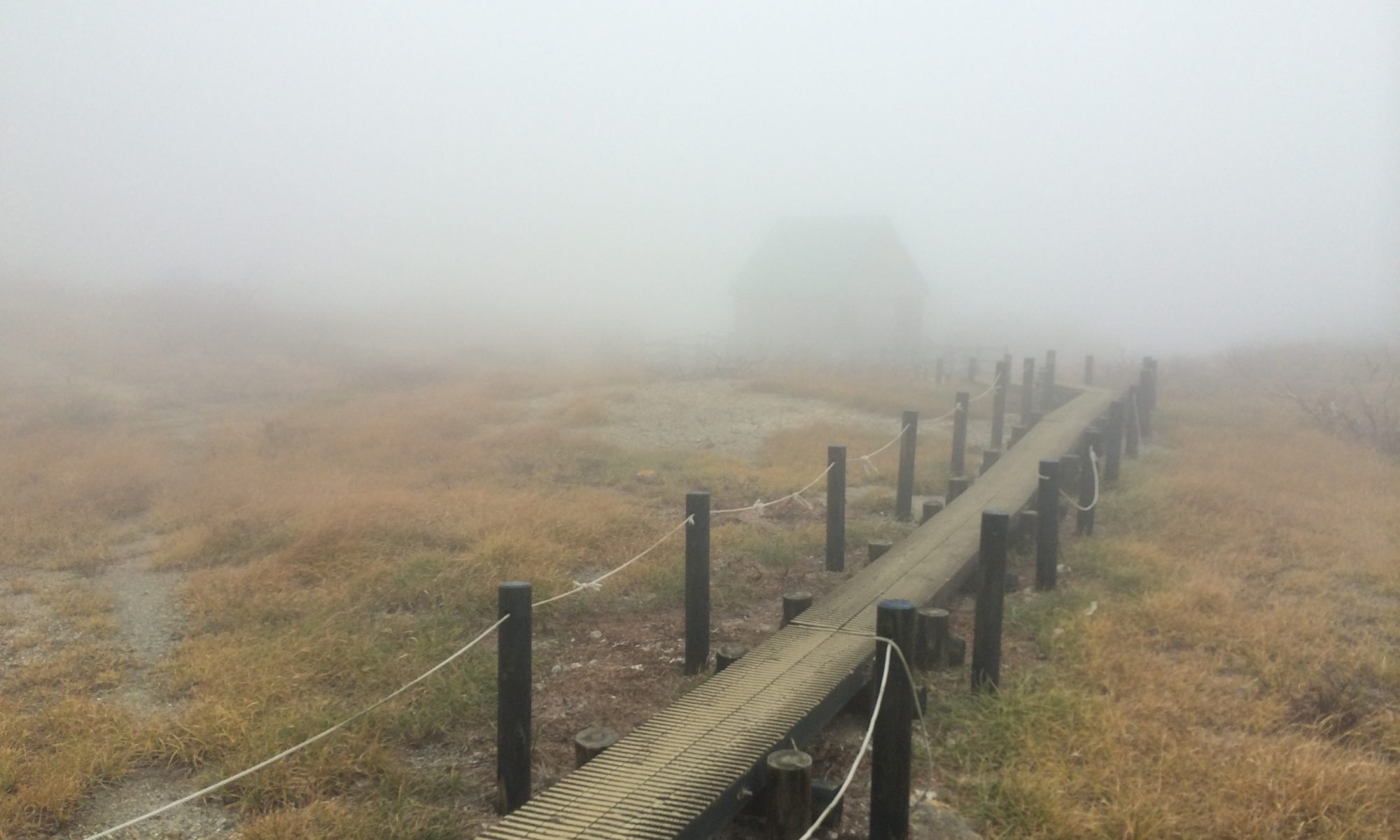‘When you realize there is nothing lacking, the whole world belongs to you’
Lao Tzu
Have you ever stood before the spattering of oranges and purples of a magnificent sunset and felt somehow unable to absorb its beauty? Have you ever gazed out from a mountain top and felt somewhat empty and distanced from the experience? Many of us have felt like ineffective participants in the experience of beauty, as though we can’t find that feeling we know we are supposed to be having.
Have you ever reached the end of a carton of ice cream and felt like you rushed through the joy of eating it, almost as though the pleasure drifted past beyond your reach as the cold creamy dessert made its way across your tongue? All of us have had the experience of feeling unfulfilled by moments like this in our lives. Why does this happen and how can we learn to really taste the sweet nectars of beauty and pleasure in this life?
The key lies in redirecting our attention within. Thanks to the conditioning of a disconnected culture, we have come to expect external circumstances to fulfill our needs and to provide us with the feelings we are looking for. Unfortunately, this mindset will send us on a wild goose chase and bring us frustration as the moments we thought would fill us end up lacking the luster we expected.
It is essential to recognize that the feeling of incompleteness, of “not enough”, of seeking wholeness without, springs from not feeling whole within ourselves. Why don’t we feel whole? Because we have become alienated from our spirits. We have disconnected from our hearts. We have forgotten that we are already enough, we belong right where we are. There is nothing we need to do to prove we are worthy of love. We are already worthy, imperfections and all.
This sense of alienation arises predominantly from the religion of science – materialism. Our culture is built upon the assumption that the universe is fundamentally composed of lifeless matter. Western science has no place for conscious awareness, or spirit. Therefore, very deep down, we come to feel like imposters on this earth. From that feeling of not belonging, we start to feel like we have to somehow prove ourselves in order to belong.
Instead of feeling that you are dropped into this strange environment called earth, recognize that you are one of the puzzle pieces that makes up this universe. Each of us is an essential piece of this ocean of consciousness and we are already okay as we are. Of course, we each have to learn how to live from the goodness in our hearts and there is a place for progress and development. But to truly evolve, we have to align with where we are now, because evolution always happens in the present moment. We won’t get anywhere denying ourselves as we are.
Once we start to come into ourselves, we can tune in to the fulfillment that is always available. It is from this place of wholeness that we don’t have to grasp at the sunsets dance of light, and we won’t feel empty once the ice cream is gone. Because those are not the things that fill us up, our hearts are already full of love and acceptance and integration into the greater world that we are a piece of. From this place, we are a geyser of gratitude, not a storm drain of pain endlessly sucking up the waters of life and never feeling full
From this place, beauty can be found wherever the gaze lands. A dew drop resting tenderly on a drooping leaf is more fulfilling than you could have ever imagined. The tiniest drop of ice cream on your tongue permeates your being with satisfaction and pleasure. With practice, we can even open up to pain (both emotional and physical) and find Joy there too. It may sound silly to suggest that one can feel Joy in wallows of sorrow and grief, but many of us know it to be true.
Rejoice! You are alive! Life is full of discomfort and pain but if we can learn to relax and allow the pain, it will flow without the suffering of resistance, the suffering of denying things as they are. Onwards along the journey to recover the stillness within, the journey to remember our natural divinity.


